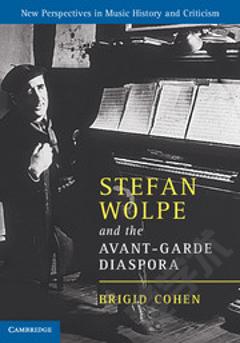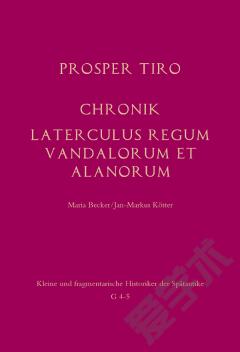Stefan Wolpe and the Avant-Garde Diaspora
The German-Jewish émigré composer Stefan Wolpe was a vital figure in the history of modernism, with affiliations ranging from the Bauhaus, Berlin agitprop and the kibbutz movement to bebop, Abstract Expressionism and Black Mountain College. This is the first full-length study of this often overlooked composer, launched from the standpoint of the mass migrations that have defined recent times. Drawing on over 2000 pages of unpublished documents, Cohen explores how avant-garde communities across three continents adapted to situations of extreme cultural and physical dislocation. A conjurer of unexpected cultural connections, Wolpe serves as an entry-point to the utopian art worlds of Weimar-era Germany, pacifist movements in 1930s Palestine and vibrant art and music scenes in early Cold War America. The book takes advantage of Wolpe's role as a mediator, bringing together perspectives from music scholarship, art history, comparative literature, postcolonial studies and recent theories of cosmopolitanism and diaspora.
{{comment.content}}








 京公网安备 11010802027623号
京公网安备 11010802027623号